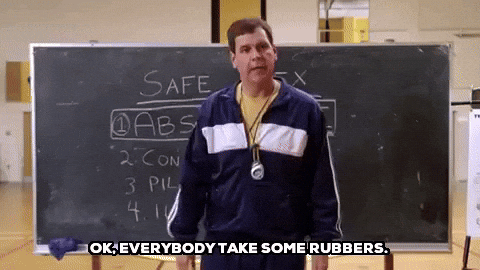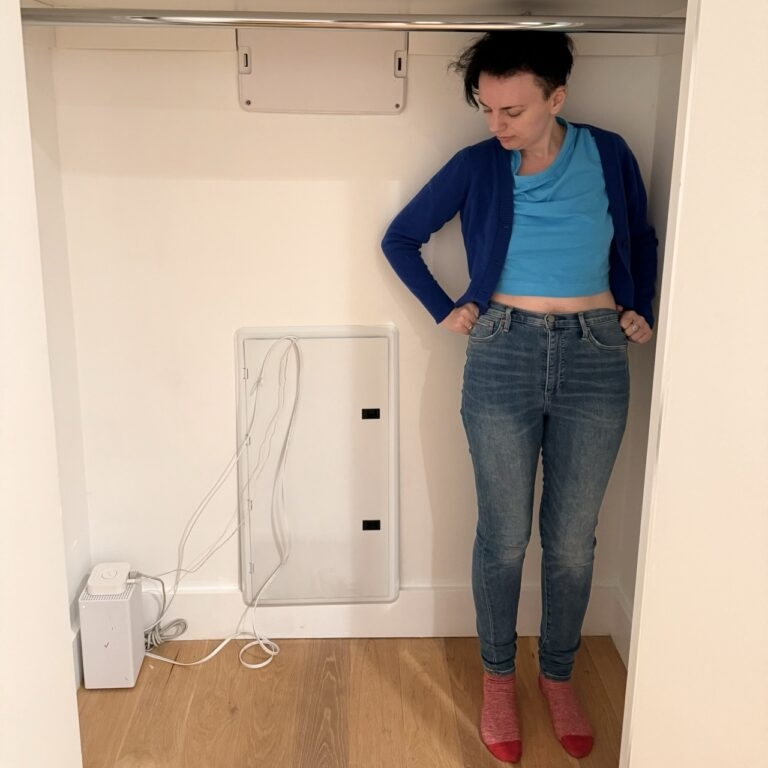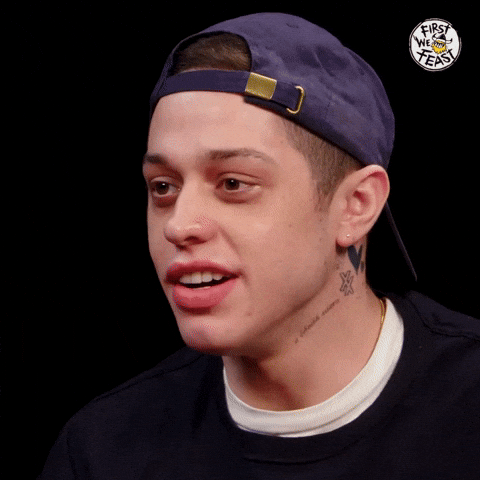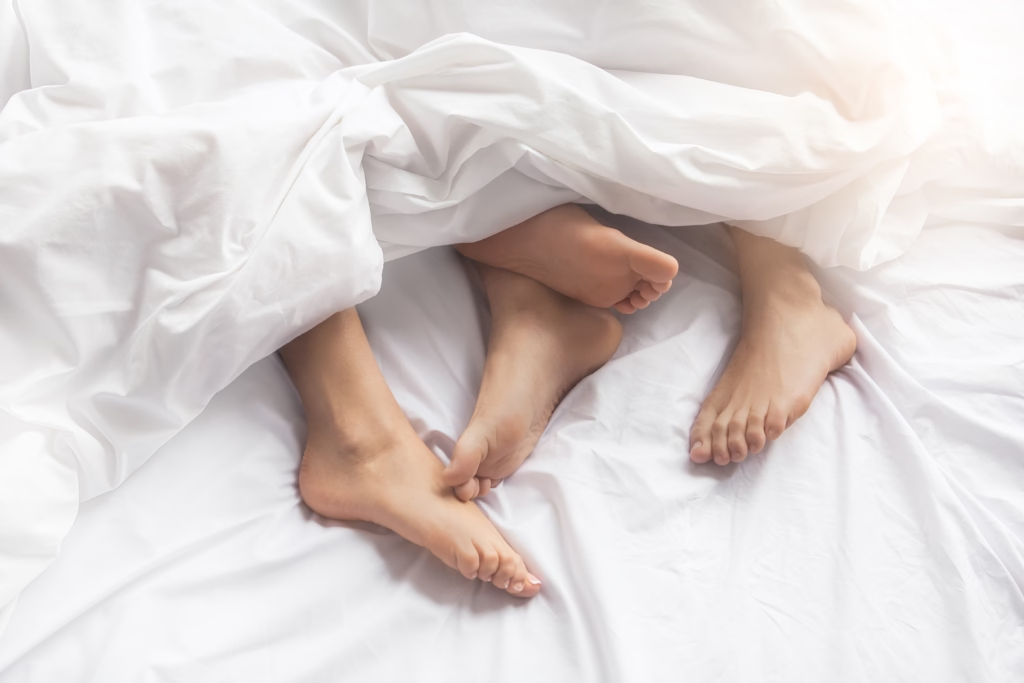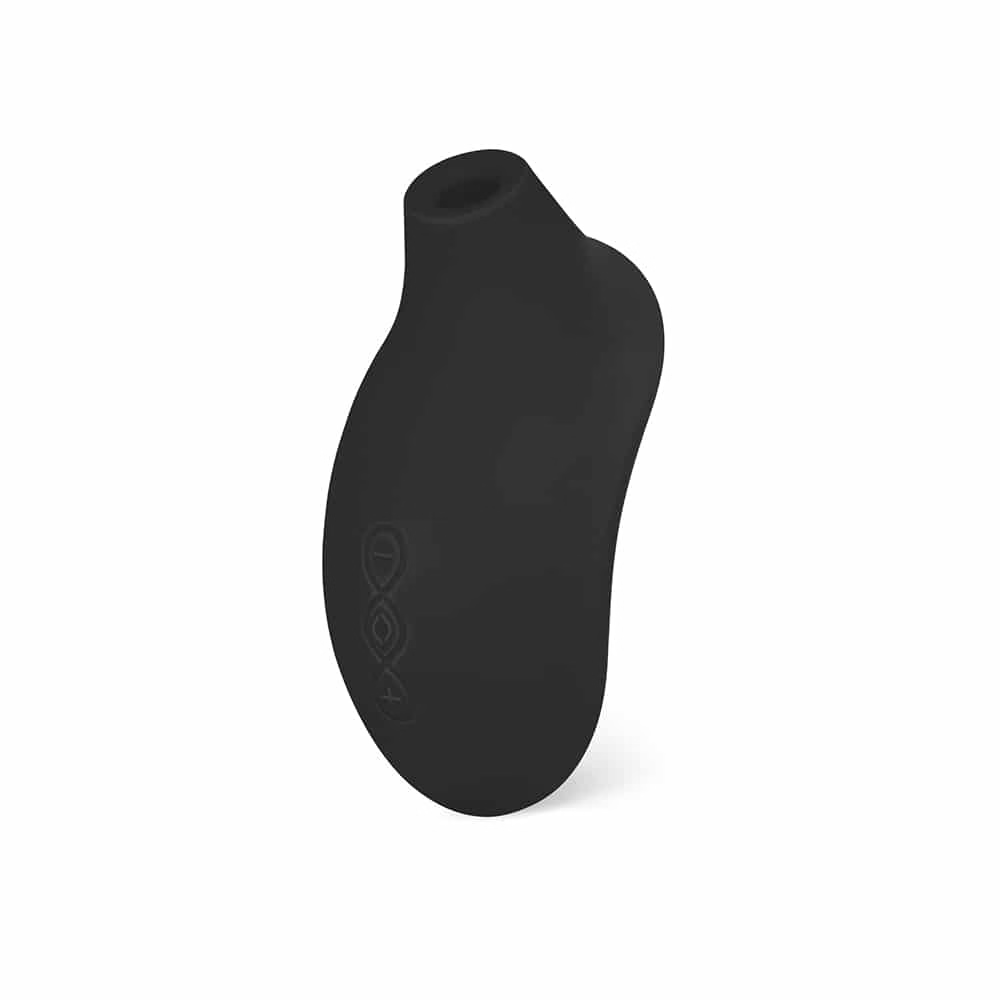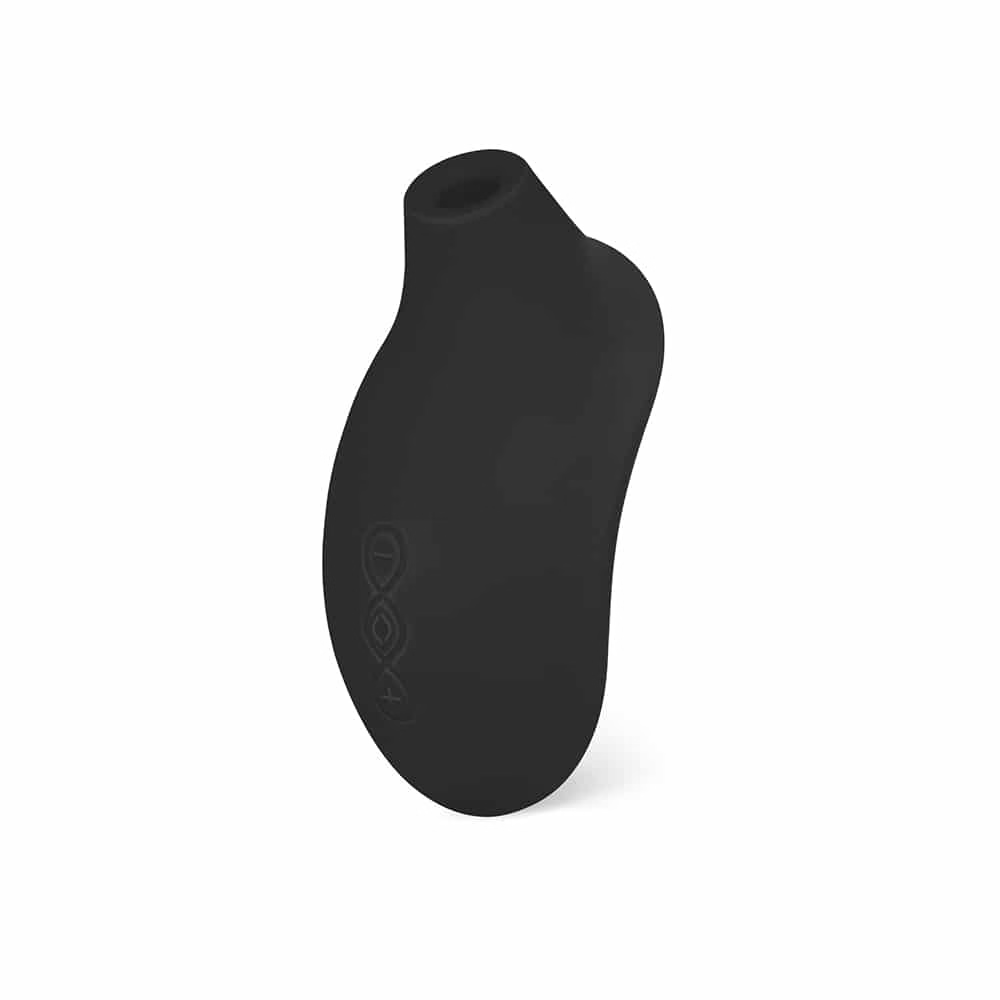5 Pros and Cons of Stopping Hormonal Contraceptives | Sex

There are many reasons why women seek to stop hormonal birth control. Maybe you’re trying to conceive or looking to freeze your eggs for later use, maybe you’re struggling with weight or skin issues, maybe (like many women) you’re not feeling like yourself mentally and emotionally, or you just don’t want to take it! All of these reasons are completely valid, and while we don’t recommend going off the pill completely (unless you’re really serious about starting a family), we understand that you may be done with the pill (or the IUD/ring/patch/whatever you’re trying to get off of).
Stopping hormonal birth control comes with some side effects (good and bad), so let us explain them to you:
BENEFITS
1. Mental clarity
A common side effect of hormonal birth control is lack of mental clarity, which can manifest as forgetfulness, general confusion, or difficulty concentrating. Some people are more affected than others, but many people find that their brain takes a bit of a vacation while on birth control. Even those who don’t necessarily notice the confusion while on birth control experience a greater sense of clarity once they’re off it. It’s kind of like turning on a dimmer switch on a light. The increased cognitive function can help you focus and feel productive, regulate your emotions, and generally feel more like yourself.
2. Increased libido
Hormonal changes affect everyone’s libido differently: from puberty to menstruation to pregnancy to menopause, we’ve covered it all. So it’s no surprise that birth control affects your libido, too! Many people experience a drop in libido and vaginal dryness when taking hormonal birth control, so stopping it can really open the floodgates (so to speak).
3. Improved mental health and emotional control
Hormonal birth control really does have a tendency to put your body on a roller coaster ride, and your mental health is no exception. You may notice more frequent mood swings or difficulty controlling your emotions, or you may notice a more intense impact on your overall mental health, causing anxiety and depression while on birth control… basically, it’s like your normal powers of emotional stability are on vacation. Stopping hormonal birth control can help you regain a sense of normalcy and balance in your life, but remember that it’s not a quick fix. If you’re struggling with depression and anxiety, seek help from a healthcare professional to find the right solution for you.
4. Acne Reduction
Some types of birth control help prevent acne, but others can cause it. If you started taking birth control as a teenager, it can be hard to know which camp you fall into, since acne is often associated with puberty. So if you have skin issues, stopping birth control could be in for a sneaky surprise! If your skin doesn’t improve (or gets worse), see a dermatologist.
5. Increased self-confidence
As we have clearly established, every part of our body is at the mercy of our hormones. If everything stabilizes and you suppress the influx of hormones that might be disrupting you, you can feel pretty good… and pretty good about yourself! Improved mental clarity, increased libido, emotional stability, and improved physical appearance can all lead to an improvement in your overall mood and self-esteem!
THE INCONVENIENTS
1. Increased acne
As we mentioned earlier, depending on how long you’ve been on birth control, it’s hard to know what your personal norm is versus what your hormonal birth control has normalized. Unfortunately, stopping hormonal birth control can lead to an increase in breakouts and skin changes. While it’s certainly not fun, don’t worry too much. A visit to your dermatologist can help you figure out how to treat your skin concerns without compromising your desire to stop birth control.
2. Increased menstrual symptoms
As your body adjusts to life without extra hormones, you’ll probably notice some changes in your period. A heavier flow, irregular periods, and heightened PMS symptoms like cramping, breast tenderness, and acne. Things should improve over time, but be prepared for your first few post-birth control cycles to be a little rougher. Break out the Advil and the heat pack…and if things don’t improve, get out the phone and call your doctor.
3. Weight fluctuation
This can be a benefit depending on who you ask, but a very common side effect of hormonal birth control (whether you take it or not) is weight fluctuation. This varies from person to person, with some people losing weight and others gaining weight. While a mild to moderate fluctuation is not too concerning, some people notice a significant change, which is not good either way! If you notice any concerning weight loss or gain, contact your doctor.
4. Find non-hormonal forms of contraception
If you want to be off hormones but not on birth control, you now have the task of finding a non-hormonal option. This can be a daunting task and a bit daunting if you had trouble finding birth control the first time around. It’s a quest for you and your doctor to see if a copper IUD is right for you, or if good old condoms are the way to go.
Bottom line: Everyone reacts differently, so the weight of these pros and cons will vary from person to person. While most of these side effects are manageable, some may be indicative of a different issue. Keep your primary care physician informed about your journey, and don’t be afraid to advocate for yourself and ask for referrals or seek advice from other healthcare professionals, such as a dermatologist, gynecologist, mental health professional, nutritionist, naturopath, etc. The best things you can do for your transition off hormonal birth control are to focus on a a healthy diet that supports your estrogen metabolism and drink plenty of water, take note of any serious side effects that may require medical attention, and seek non-hormonal birth control options such as condoms (male or female), copper IUDs, or fertility tracking methods.


 Anal Beads
Anal Beads Anal Vibrators
Anal Vibrators Butt Plugs
Butt Plugs Prostate Massagers
Prostate Massagers
 Alien Dildos
Alien Dildos Realistic Dildos
Realistic Dildos
 Kegel Exercisers & Balls
Kegel Exercisers & Balls Classic Vibrating Eggs
Classic Vibrating Eggs Remote Vibrating Eggs
Remote Vibrating Eggs Vibrating Bullets
Vibrating Bullets
 Bullet Vibrators
Bullet Vibrators Classic Vibrators
Classic Vibrators Clitoral Vibrators
Clitoral Vibrators G-Spot Vibrators
G-Spot Vibrators Massage Wand Vibrators
Massage Wand Vibrators Rabbit Vibrators
Rabbit Vibrators Remote Vibrators
Remote Vibrators
 Pocket Stroker & Pussy Masturbators
Pocket Stroker & Pussy Masturbators Vibrating Masturbators
Vibrating Masturbators
 Cock Rings
Cock Rings Penis Pumps
Penis Pumps
 Wearable Vibrators
Wearable Vibrators Blindfolds, Masks & Gags
Blindfolds, Masks & Gags Bondage Kits
Bondage Kits Bondage Wear & Fetish Clothing
Bondage Wear & Fetish Clothing Restraints & Handcuffs
Restraints & Handcuffs Sex Swings
Sex Swings Ticklers, Paddles & Whips
Ticklers, Paddles & Whips









